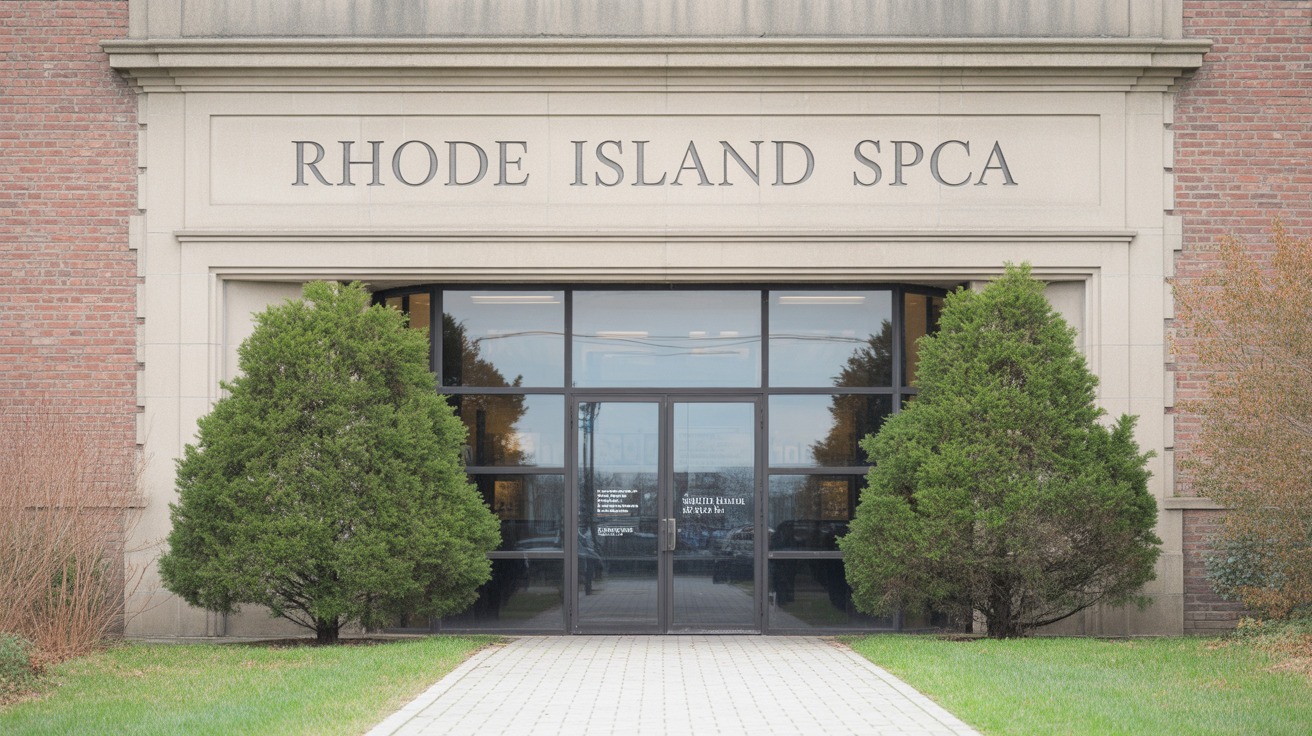Is $2000 Expensive for a Dog? Understanding the True Cost of Canine Companionship
Buying a dog often involves more than an emotional decision—it entails financial, ethical, and lifestyle considerations. One commonly debated question by potential dog owners is whether $2000 is too much to pay for a dog. While this certainly falls into the higher price range, in many cases it may reflect legitimate costs tied to responsible breeding, rarity, and long-term care.
What Determines the Price of a Dog?
Dog prices vary widely depending on a number of interconnected factors. Here are the key elements that contribute to a dog’s cost:
- Breed: Purebred dogs tend to be more expensive than crossbred or mixed-breed dogs.
- Pedigree and Lineage: Dogs with champion bloodlines or specific desirable traits command higher prices.
- Rarity: Uncommon breeds with limited populations, such as the Samoyed or Löwchen, often fetch premium prices.
- Location: Prices vary depending on regional demand and breeder availability.
- Breeding and Raising Costs: Legitimate breeders invest in veterinary care, testing, socialization, and early training.
How Much Do Expensive Dogs Typically Cost?
While $2000 is a substantial amount, it's not unusual for certain breeds. Here are average price ranges for high-cost dogs:
- Common purebreds: $1000 - $5000
- Rare, exotic breeds: $3500 - $14,000
- Lifetime costs: $10,000 - $50,000 or more (including food, grooming, veterinary care, and accessories)
Thus, a $2000 initial investment sits well within the acceptable range, especially for popular or rare breeds with distinct qualities.
Why Are People Willing to Pay That Much?
Despite the high price, many dog lovers favor specific characteristics that come with purebred or specialty dogs. Common reasons include:
- Predictable temperament, size, and coat
- Desire for participation in dog shows or competitions
- Professional use (e.g., guide dogs, therapy dogs)
- Aesthetic or lifestyle compatibility
Furthermore, some buyers are seeking assurance in health guarantees and support from reputable breeders who offer lifetime contracts and guidance.
Ethical Considerations and Alternatives
Purchasing a dog, particularly at a high price point, involves an ethical dimension. Supporting responsible breeders who prioritize the health and well-being of their animals is essential. On the other hand, buying from puppy mills or backyard breeders can contribute to unethical practices and significant health problems for the dog.
One humane and often cost-effective alternative is adopting a dog from a shelter or rescue organization. Many of these dogs, including an estimated 25%–30% of shelter dogs that are purebreds, are already vaccinated, microchipped, and spayed or neutered. Initial fees for adoption often range from $50 to $400, significantly less than the average purchase price.
Health and Long-Term Care Costs
While upfront cost is important, it's just a part of the total expenses of dog ownership. Some purebred dogs are prone to hereditary health issues that require long-term care. Examples include:
- English and French Bulldogs: Respiratory issues
- German Shepherds: Hip and joint problems
- Rottweilers, Bernese Mountain Dogs, Great Danes: High veterinary insurance claims
Grooming, training, nutritious food, and accessories also contribute to overall expenses, especially for large or high-maintenance breeds.
High-End Dog Breeds and Their Prices
Here's a list of some of the world's most expensive dog breeds and their typical starting prices:
- Samoyed: $4000 - $14,000
- Löwchen: $3000 - $7000
- Chow Chow: $1500 - $5000
- Tibetan Mastiff: $2000 - $10,000
- Akita: $1500 - $4500
- Pharaoh Hound: $2000 - $6000
- Canadian Eskimo Dog: $3000 - $6000
- French Bulldog: $1500 - $8000
- Afghan Hound: $2500 - $7000
- Rottweiler: $1200 - $4000
Final Thoughts: Is $2000 Expensive for a Dog?
The value of a dog is not defined solely by its price tag. While $2000 may be expensive for some, it is well within the norm for certain breeds and circumstances. Ultimately, the cost should reflect not just the aesthetic or pedigree, but the quality of care the animal has received and the responsible practices of the breeder or organization.
Whether you adopt a shelter pup or invest in a high-end breed, the most important aspects are commitment, ethical responsibility, and lifelong love shared between you and your dog.





